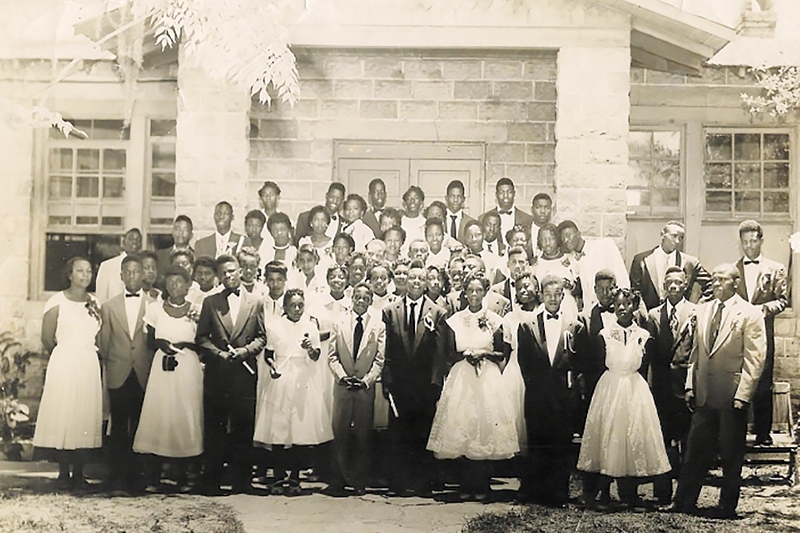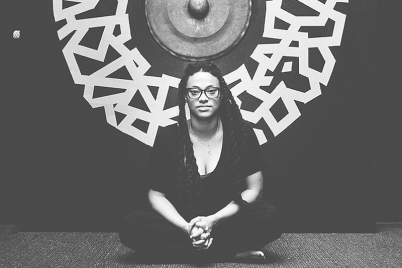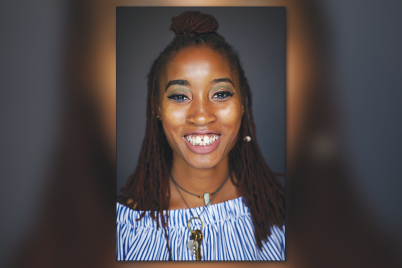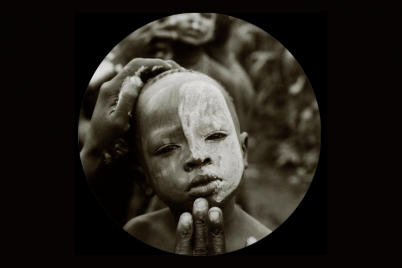Photo of Pinellas County School children from the 1950s
By J.A. Jones, Staff Writer
CLEARWATER – On March 26, the Pinellas County African American History Museum (PCAAHM) opens a fascinating new exhibit entitled “Making Do,” a collection of cultural artifacts from Willis Hakim Jones’ extensive array of historical items coming from out of the Gullah Geechee people of South Carolina and other Lowcountry regions of the U.S.
“Making Do” will be open from March 26 through July 31 – just in time to herald another new event at the museum. After 20 years, the space is rebranding with a new name: The Curtis Museum of Pinellas County (CMPC).
The museum was co-founded by Sandra Rooks and Dr. Randolph Lightfoot and is headquartered in the former Curtis Elementary School, which was named after Professor Shirley W. Curtis. He was a pioneer in education in the county and was principal of Pinellas High School, the only north county high school for African-American students during the era of segregation.
As the PCAAHM/CMPC’s founder, executive director, and curator, Sandra Rooks is the first African-American female to author three books that detail African-American life and culture in Pinellas County. An adjunct professor at the University of Phoenix, she is also a noted speaker and lecturer.
Rooks explained some of the impetus behind the new name. “Many of the artifacts in the museum’s collection were donated by former students and teachers of both Curtis Elementary and Pinellas High. The museum board felt that it was befitting to name the museum after Mr. Curtis who had connections with both schools.”
She also noted that, on occasion, when people would ask where the museum was located, telling them that it was in the former Curtis Elementary School immediately told them where to go.
For the next several months, visitors to the rebranded museum will get a chance to see the exciting “Making Do” exhibit, which has traveled to African-American museums in St. Augustine, Jacksonville and Tallahassee.
The name “Gullah Geechee” describes a language as well as a people – originally West Africans who were forced into slavery and found ways to hold onto parts of their culture, language, traditions, and even religious practices. Gradually a new kind of “creole” language and way of life came to be called Gullah Geechee, a language still spoken today in the area.
Rooks said that the title of the exhibit, “Making Do,” encompasses the importance of the Geechee Gullah artifacts being shown.
“‘Making Do’ clearly defines what is represented in the collection. The Gullah Geechee arts and crafts are the result of products designed by necessity for activities of subsistence and daily living such as cast nets made for fishing, basket weaving for agriculture and textile arts for clothing and warmth,” she shared.
The historian and author added that the African art of basket weaving gained recognition for the skill of the artist and uniqueness in style. Even in historic times, baskets were sold to non-Gullah Geechee people and were a source of additional income.
According to the Tallahassee Democrat, the exhibit’s “pottery, carved walking sticks, quilts, musical instruments and hand-written letters in Arabic all describe a vibrant culture that blossomed almost ‘untouched’ when the white overseers left alone the workers in the low-country’s [sic] disease infested fields.”
Also, don’t miss the exhibit entitled “Black Citizenship during the Jim Crow Era” this Aug. coming to the CMPC. Rooks described it as an eight-poster exhibit organized by the New York Historical Society that includes a school curriculum. CMPC plans to infuse artifacts from its collection to illustrate the theme.
“Making Do,” a collection of Gullah Geechee artifacts from the Willis Hakim Jones Collection opens March 26 and runs through July 31 at the Curtis Museum of Pinellas County, 1101 Marshall Street, Clearwater. To learn more, visit curtismuseum.org or call (727) 480-7572.
To reach J.A. Jones, email jjones@theweeklychallenger.com








